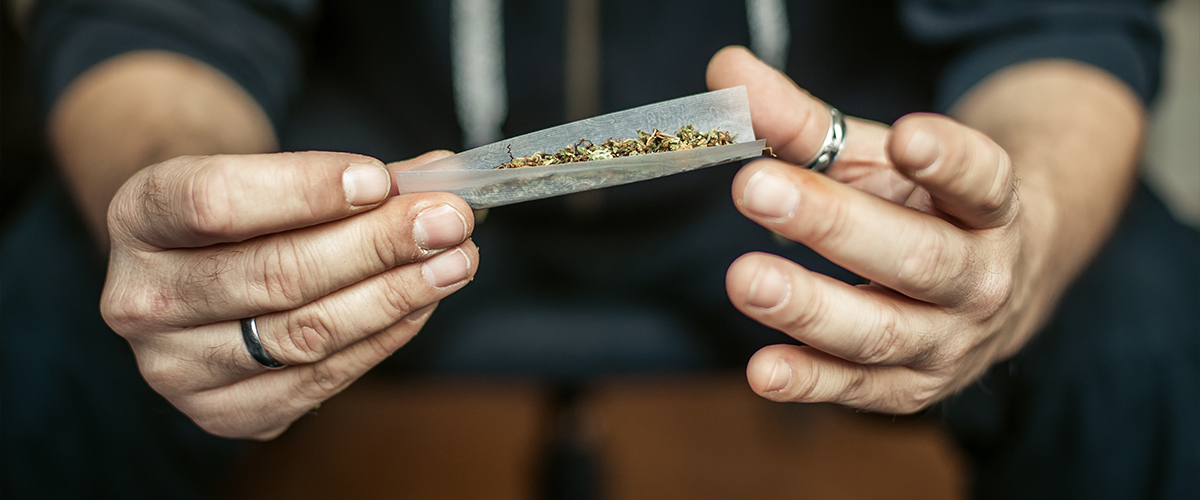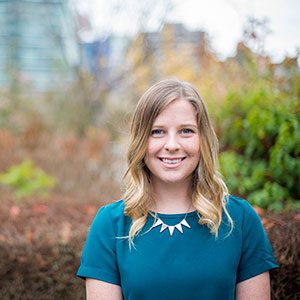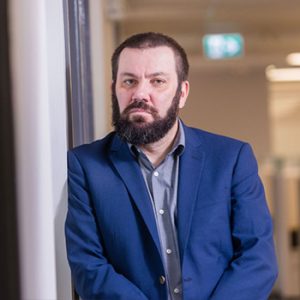
Study finds most people at high risk of overdose who use cannabis do so for pain relief and other therapeutic reasons.

Stephanie Lake
Most people at high risk of overdose in Vancouver’s Downtown Eastside who use cannabis do so for pain relief and other therapeutic reasons—and they may be at lower risk of overdosing on opioids as a result, suggests new research published in the peer-reviewed journal PLOS ONE.
“We’re seeing more and more in our research that people are using cannabis for therapeutic reasons,” says Stephanie Lake, a doctoral candidate at UBC’s School of Population and Public Health and the lead author of the study. “We’re also seeing that, for some individuals in our study, this therapeutic use corresponds with either less use of illicit opioids or a reduced risk of overdose.”
Researchers from the BC Centre on Substance Use (BCCSU) and the University of British Columbia (UBC) conducted more than 2,500 interviews with 897 people who use illicit drugs in Vancouver’s downtown and Downtown Eastside who reported using cannabis between 2016 and 2018. They asked study participants to describe all the reasons why they used cannabis—for example, to relieve pain, improve sleep, address nausea, or intoxication—and built a statistical model to categorize those responses into discrete groups. Three of the four groups—encompassing almost three-quarters of study interviews—were characterized by therapeutic reasons for cannabis use.
“We’re seeing more and more in our research that people are using cannabis for therapeutic reasons.”
Stephanie Lake, UBC doctoral candidate and lead study author
Additionally, cannabis users in the group characterized by using cannabis for pain relief had lower odds of experiencing a recent non-fatal opioid overdose and injecting heroin every day in comparison to other groups. Previous research from the BCCSU found that many people at risk of overdose, particularly those living with pain, may be using cannabis to reduce their reliance on illicit opioids, a key driver of the opioid overdose public health emergency.

Dr. M-J Milloy
Another key finding of the study was that therapeutic cannabis users rely on the unregulated market to supply their cannabis use—and that access to legal cannabis for all people who use cannabis in the study remains a challenge. Participants in the current study reported that illegal dispensaries were the most important source of cannabis in approximately half of all study interviews; legal sources of cannabis (i.e., through the medical cannabis system or recreational cannabis stores) accounted for less than one percent.
These findings are consistent with a study published earlier this month in the International Journal on Drug Policy, which found that illegal dispensaries are the primary source of cannabis in the community.
“The mounting evidence related to the motivations behind people’s cannabis use strongly suggests that improving access to cannabis for therapeutic purposes could help reduce overdose risk associated with illicit opioid use,” says Dr. M-J Milloy, a research scientist at BCCSU, the Canopy Growth professor of cannabis science at UBC and the senior author of the study. “Unfortunately, our results also tell us that medical cannabis users from the Downtown Eastside do not have equitable access to legal sources of cannabis, either through the medical cannabis system or the new recreational market. Authorities should pause their efforts to close unregulated sources of cannabis and eliminate the illicit market until barriers to legal cannabis are addressed, especially during the overdose crisis.”
Dr. Milloy is supported by funding from the United States’ National Institutes of Health, the Canadian Institutes of Health Research and the Michael Smith Foundation for Health Research, and National Green Biomed Ltd., a private firm seeking a licence to produce cannabis.
The Canopy Growth professorship in cannabis science at UBC was established through arms’ length gifts from Canopy Growth, a licensed producer of cannabis, and the Government of British Columbia’s Ministry of Mental Health and Addictions.
A version of this story originally appeared on the BCCSU website.